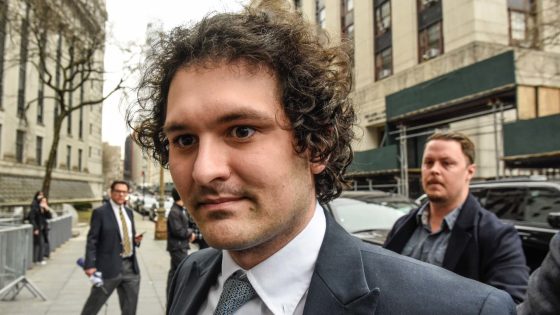WASHINGTON (Reuters) -U.S. Deputy Secretary of State Kurt Campbell said on Tuesday he expects word soon that India is becoming more engaged with Ukraine, responding to a question at a Senate hearing over Indian Prime Minister Narendra Modi‘s Moscow visit this month.
“I think we’re likely to hear news of India engaging more directly in Ukraine. I’m grateful for that. I think India wants to play a responsible role globally,” Campbell told the Senate Foreign Relations Committee.
Western countries have imposed sanctions on Moscow following its all-out invasion of Ukraine in 2022, but nations such as India and China have continued to trade with Russia.
Modi met Russian President Vladimir Putin in Moscow earlier this month just as a Russian missile attack struck a hospital in Kyiv and killed 44 people across the country, drawing international condemnation.
Indian media outlets have reported that Modi is likely to visit Ukraine in August, his first visit to the country since Russia’s 2022 invasion.
Asked about Campbell’s comments, India’s Washington embassy referred to a news briefing in Tokyo on Monday by Indian Foreign Minister Subrahmanyam Jaishankar, at which he said more needed to be done to encourage negotiations to end the Ukraine conflict and that India was one of the few countries that was in touch with both sides.
“We do believe we should be more active there,” Jaishankar said, adding that Modi met Ukrainian President Volodymyr Zelenskiy on the sidelines of the G-7 summit in Italy before his Moscow visit.
“I can reasonably expect there will be more contacts between us and Ukraine and between us and Russia as well,” Jaishankar said, when asked about the possibility of Modi visiting Ukraine.
U.S. Secretary of State Antony Blinken met Jaishankar in Japan on Sunday and emphasized the importance of a “just and enduring peace” for Ukraine.
The State Department has raised concerns over India’s relationship with Russia, especially at a time when it has been seeking to strengthen ties with India as a potential counterweight to China.
New Delhi has resisted pressure to distance itself from Moscow since the invasion, citing its longstanding ties with Russia and its economic needs.
Campbell said he believed India was “probably the most important relationship for the United States to get right,” noting the huge Indian diaspora and the desire of most Indians to have a better relationship with the U.S.
“The hardest things to keep in mind is that India is also a great power. It has its own beliefs, its own interests. They will never be a formal ally or partner in the United States, but it doesn’t mean that we cannot have the strongest of possible relationships as allied nations on the global stage,” he said.
(Reporting by Patricia Zengerle and David Brunnstrom; Editing by Mark Porter, Marguerita Choy and Christian Schmollinger)
Source Agencies


